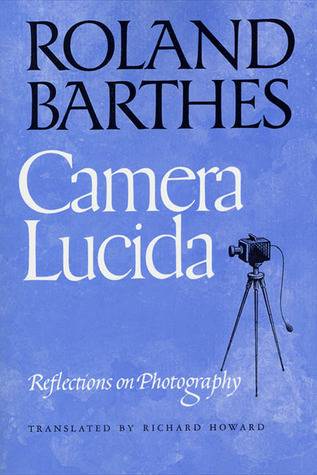There are so many great TED talks that it's really hard to pick just one, especially as what we find inspirational may vary from day to day, as well as the fact that "inspirational" is quite a loose concept in itself, and doesn't make clear what it is that we wish to be inspired to do.
One talk which ties in with the way that our feelings can change about what we find inspiring, at different times, comes from the series of TED talks entitled, "Our brains: Predictably irrational".
The talk that I've picked is by Nobel laureate Daniel Kahneman, and is called, "The riddle of experience versus memory". I found it very interesting, and hope that you do, too!
You can find the full talk here, but - basically - it's about how we perceive things, particularly the holy grail of the self-help industry: That elusive thing called happiness.
Kahneman starts off by clarifying that happiness is almost impossible to define, and then he goes on to explain the reasons.
He makes some fascinating points about how perception affects our experiences, and how we remember things differently to the way we actually experienced them at the time, which is something I've always been very interested in: How reliable is memory?
If you're still interested in this area of enquiry after listening to Kahneman's talk, you might also enjoy a book by French philosopher and cultural commentator, Roland Barthes - called, "Camera Lucida".

In the book, Barthes explores - in a surprisingly moving way - the role that photographs play in memory, and the effect that the experience of looking at old photographs has on the person looking at them. (I know it sounds a bit dull, but it's actually really interesting, and much more accessible than many of Barthes' other works.)
In fact, reading "Camera Lucida" for the first time had such an effect on me, that it was what sparked my continuing interest in the subject of memory and whether we can rely on it.